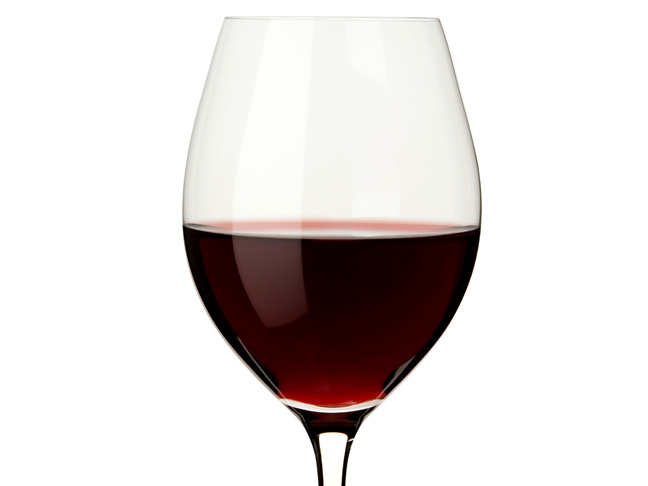
In a new long-term study published on Tuesday in the Journal of Studies on Alcohol and Drugs researchers reported that kids who had “sipped” alcohol by sixth grade were more likely to start drinking earlier and to abuse alcohol, and were five times more likely than other children to consume an entire drink by the time they reached high school. These kids were also four times more likely to have gotten drunk or to binge drink.
It seems harmless enough when kids see their parents have a glass of wine or a cocktail, and out of curiosity or habit ask for “just a sip.”
Researchers say that beer or wine is most often a child’s first taste of alcohol. And a small percentage of those who try a sip have also tried alcohol in their own homes without their parents’ knowledge or permission. By allowing the child a taste, he or she may rationalize it as permission to drink at home. The research team, working from Rhode Island’s Center for Alcohol Addiction Studies at Brown University, say that their findings don’t conclusively prove that an early taste of alcohol is to blame for kids drinking by high school age, but they do believe it sends a mixed message to these children.
Some parents think that a “European model” of being more permissive with alcohol may lead to a healthier attitude about drinking. It’s more acceptable for children in European countries to have wine at an early age. And other parents have no problem allowing their kids to sip alcohol for religious observances – communion wine or a Kiddush cup on the Jewish Sabbath.
Kristina Jackson, PhD, and the lead researcher on this study says that the most important take-away is for parents to send clear and consistent messages about drinking, and to be sure that their children don’t have access to alcohol when a parent is not at home.








